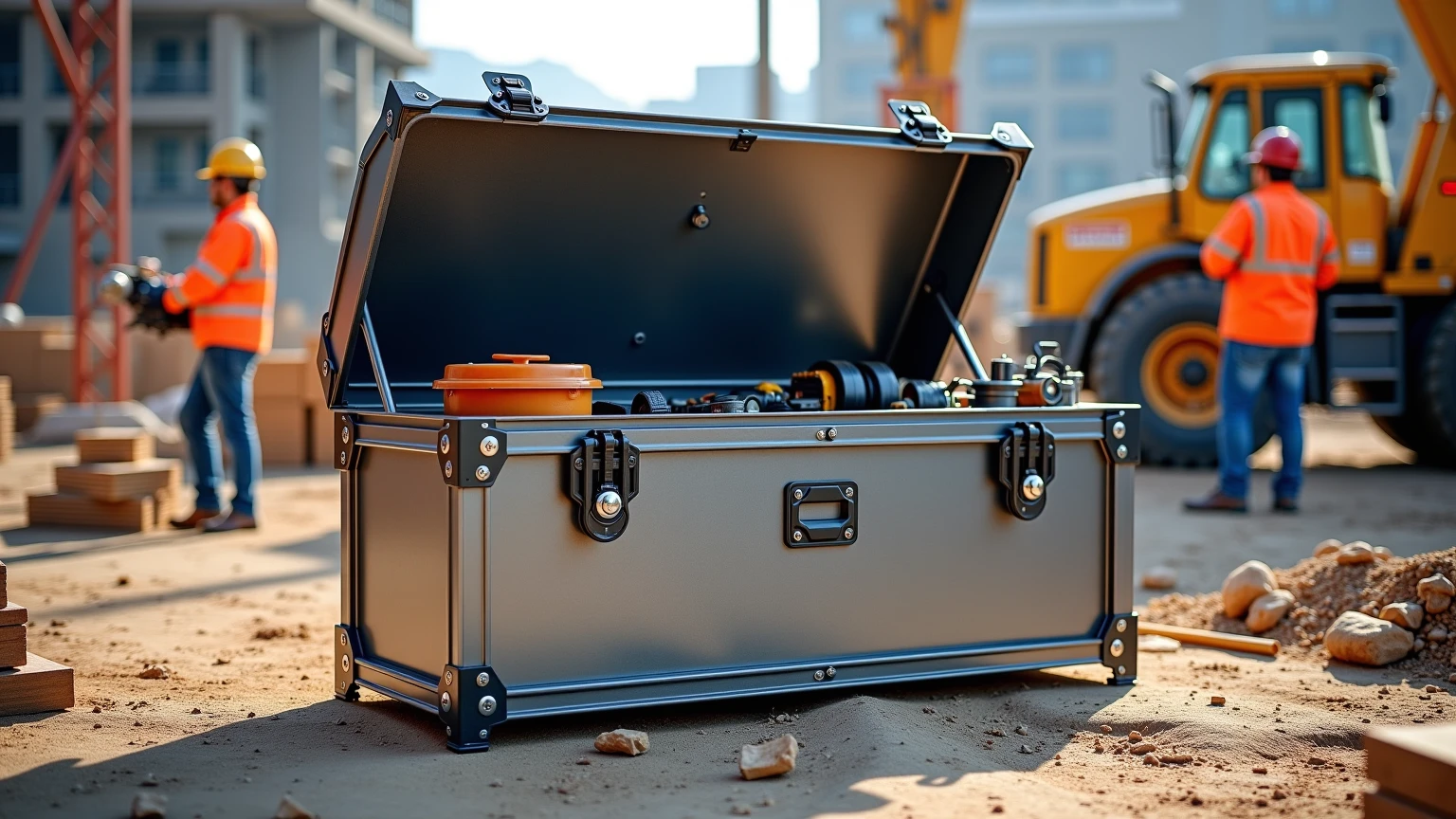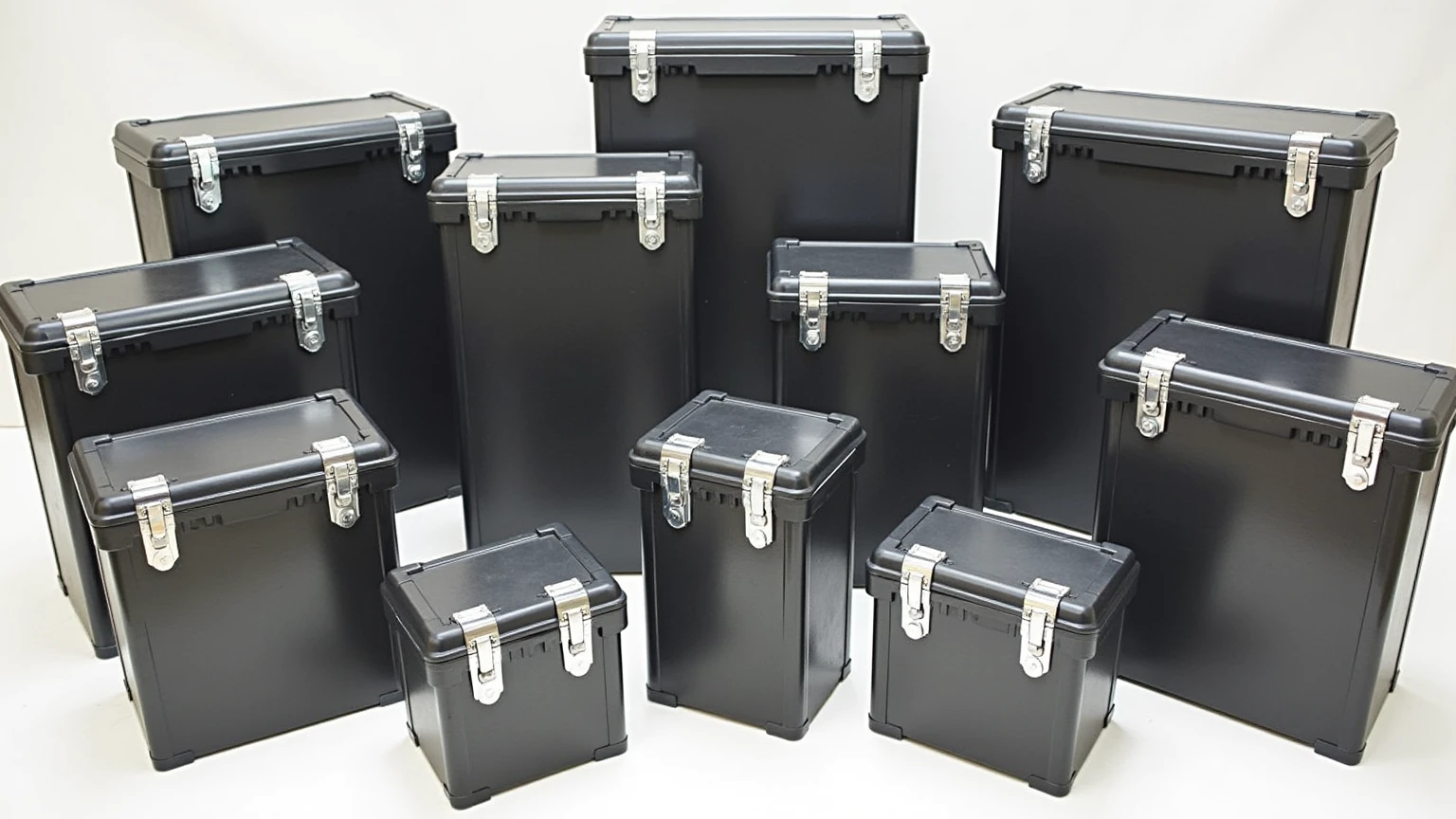A job box, often referred to as a tool chest or storage container, is a strong, durable unit designed to safely store and transport tools, equipment, and other job-related items. These boxes serve multiple purposes, providing convenience and protection for valuables during transfers or on job sites.
Job boxes are extensively used in construction, trades, and even industrial sectors. They function not only as secure storage for tools but also help maintain organization on work sites. Some common applications include:
Selecting the appropriate job box is crucial. The right choice can enhance your productivity, reduce risk of loss or damage, and allow for easier transport of tools and materials.

When selecting a job box, size is a paramount factor. It is essential to ensure that the box can accommodate all your tools adequately while still being portable. Consider the types of projects you frequently undertake:
Durability typically comes down to the materials used in construction. Cultural choices include:
Ensure that the box you choose can withstand the conditions it will face, such as impacting or harsh weather.
In today's world, job site theft is a common concern. Investing in a job box with secure locking systems, reinforced frames, and tamper-proof features will help mitigate the risk of losing valuable tools.

A versatile option for light storage and transport needs, standard job boxes cater mostly to small tools, accessories, and supplies.
Designed with enhanced security features and greater storage capacity, heavy-duty job boxes are well-suited for trade professionals requiring robust protection for expensive equipment.
These are the go-to options for contractors on the move. They come with wheels and handles, making them convenient for transporting equipment across dynamic work sites.
To pinpoint the right job box, evaluate your storage needs based on the types and volumes of tools and equipment you work with most frequently.
While selecting a job box, it might be easy to fall for the lowest price. However, consider value for money: a durable, secure box might save you more in the long run through reduced tool losses and repairs.
Before investing in a specific model, examine customer feedback. Assessing other users’ experiences can prevent potential pitfalls and help you make a smarter purchasing decision.
One of the most significant errors buyers make is underestimating the size of the job box required. Always measure your tools or consult with professionals to ensure a perfect fit.
Do not wait until after a theft to realize the importance of robust security features. Always prioritize boxes with advanced locking mechanisms.
Choosing a job box solely based on the cheapest option can lead to poor outcomes. Always balance cost with quality and the features necessary for your specific needs.
Q1: What is the typical price range for job boxes?
A: Prices vary based on size and material, generally ranging from $100 to $1,000 for heavy-duty models.
Q2: Can job boxes be used outdoors?
A: Yes, many job boxes are designed for outdoor use; however, ensure that the materials are weather and rust-resistant.
Q3: How can I secure my job box on a job site?
A: Use heavy-duty locks and chain it to a fixed point when possible to deter theft.
Selecting the perfect job box enhances efficiency and ensures the longevity of your tools and equipment. Take the time to evaluate your options, prioritize your needs, and invest wisely. With proper care, a job box is a vital ally in any contractor's toolkit.